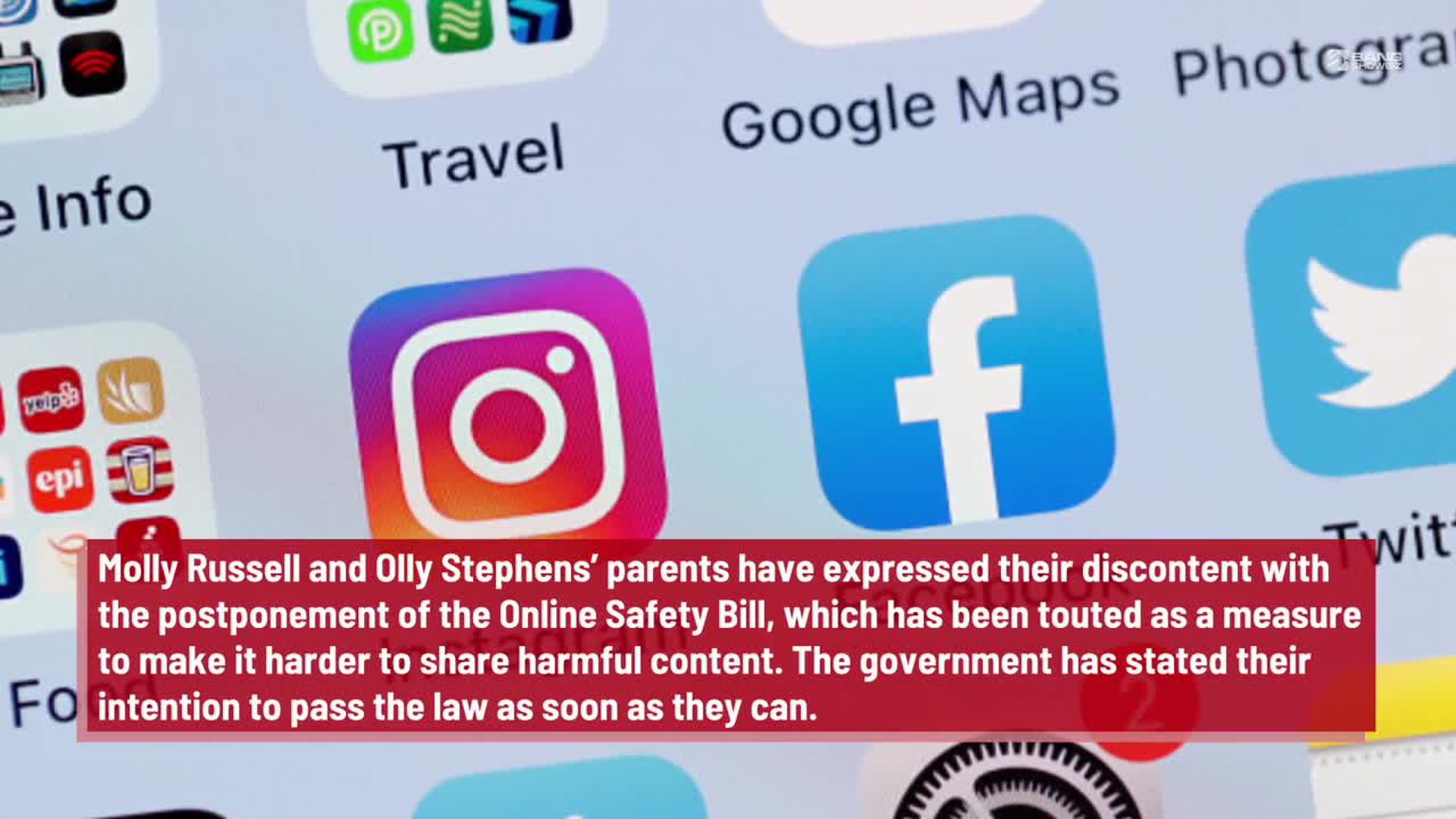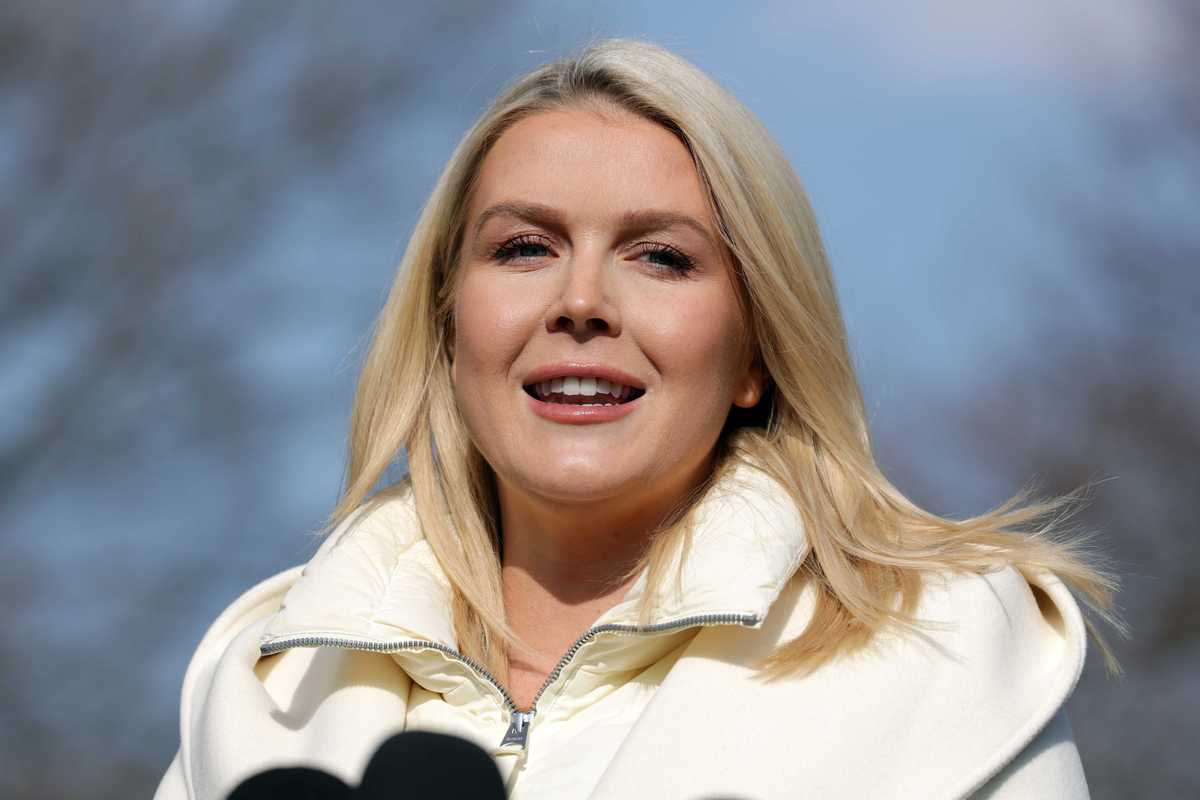Harriet Brewis
Dec 14, 2022
How Come WhatsApp Is So Popular?
content.jwplatform.com
Can you imagine life without WhatsApp?
Well, if you're based in the UK, you might have to.
Will Cathcart, head of the messaging service at Meta, has suggested he’d rather see the smartphone app blocked for British users than its security weakened.
He told The Telegraph that if the government’s new Online Safety Bill forces his company to scrap end-to-end encryption, he and his team might have no other alternative but to shut it down in the country.
Sign up for our free Indy100 weekly newsletter
End-to-end encryption means that no one, other than the sender and recipient, is able to see the contents of a message – not even the police or WhatsApp itself.
However, the bill includes provisions which, if approved, would enable law enforcement to access encrypted messages on WhatsApp and similar services.
Cathcart stressed that he wouldn’t weaken security on the Facebook-owned app across the world just to bow to new demands in Britain.
“The hard reality is we offer a global product. It would be a very hard decision for us to make a change where 100 per cent of our users lower their security,” he told the paper.

WhatsApp is the most popular mobile messenger app in the world, with more than 2 billion users, including around 40 million in the UK.
However, ministers and child safety campaigners have warned that the increased use of encrypted messaging services makes it more difficult to detect online abuse.
Cathcart other free-speech defenders argue that the technology is critical to safeguarding personal privacy, and that ending encryption could open up the possibility of mass surveillance.
A government spokesman said: “We support strong encryption but it cannot come at the expense of protecting children from exploitation. End-to-end encryption cannot be allowed to hamper efforts to catch perpetrators of the most serious crimes.
“Ofcom will have a power under the Online Safety Bill to, where necessary and proportionate, direct platforms failing to tackle child sexual abuse to take action. We remain committed to continuing to work with the tech industry to develop innovative solutions that protect public safety and privacy.”
Have your say in our news democracy. Click the upvote icon at the top of the page to help raise this article through the indy100 rankings.
Top 100
The Conversation (0)














